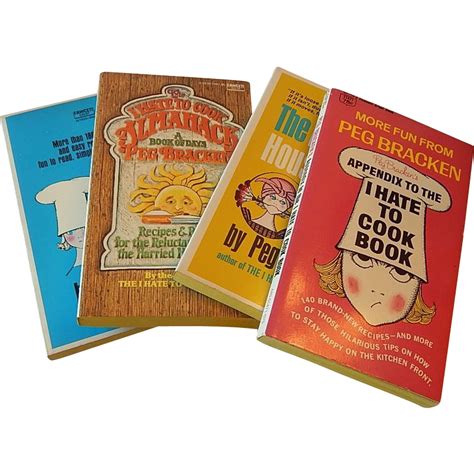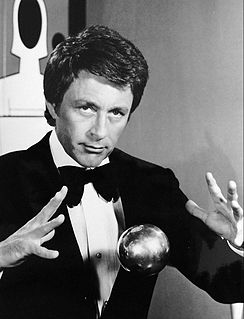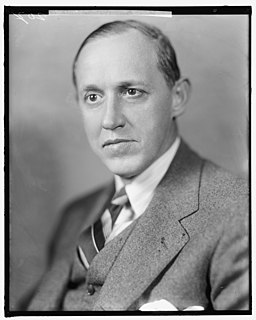A Quote by Ellen Hopkins
I think parents should know what their children are reading, and if they truly object, they should tell their kids why, rather than summarily removing a book from their possession.
Related Quotes
If we are always reading aloud something that is more difficult than children can read themselves then when they come to that book later, or books like that, they will be able to read them - which is why even a fifth grade teacher, even a tenth grade teacher, should still be reading to children aloud. There is always something that is too intractable for kids to read on their own.
I would rather sit next to a transgender person and discuss why every single one I've met smells like a bar in the daytime than listen to people tell my why I want to have children and that I just don't know it yet. I do know, because I'm me and my feelings are the ones in my head. I don't want to have kids, and it's not a device to get attention or have conversations about it. I simply find children incredibly immature and, more often than not, dumb.
Ideally, nothing should be embraced by a consumer firmly, nothing should command a commitment till death do us part, no needs should be seen as fully satisfied, no desires considered ultimate. There ought to be a proviso 'until further notice' attached to any oath of loyalty and any commitment. It is but the volatility, the in-built temporality of all engagements that truly counts; it counts more than the commitment itself, which is anyway not allowed to outlast the time necessary for consuming the object of desire (or, rather, the time sufficient for the desirability of that object to wane).
When I say that children should be told about sex, I do not mean that they should be told only the bare physiological facts; they should be told whatever they wish to know. There should be no attempt to represent adults as more virtuous than they are, or sex as occurring only in marriage. There is no excuse for deceiving children. And when, as must happen in conventional families, they find that their parents have lied, they lose confidence in them, and feel justified in lying to them.
I think, for me, there's The Book I Should Write and The Book I Wanted to Write - and they weren't the same book. The Book I Should Write should be realistic, since I studied English Lit. It should be cultural. It should reflect where I am today. The Book I Wanted to Write would probably include flying women, magic, and all of that.
Growing up, my parents managed to show me the importance of reading without cramming it down my throat. A difficult task, I'm sure. It breaks my heart to think that there are kids out there, ready to have their imaginations lit on fire, excited and wanting to read, and facing naked shelves in their school or local libraries. Rather than complain or wait till the system stops failing our nation's children this is a matter I feel we must take into our own hands. There are children, right now, waiting-wanting to read. What shall we tell them>
Communities now find themselves in possession of improvements [resulting from the WPA] which even in 1929 they would have thought themselves presumptuous to dream of... [but] everywhere there had been an overhauling of the word presumptuous. We are beginning to wonder if it is not presumptuous to take for granted that some people should have much, and some should have nothing; that some people are less important than others and should die earlier; that the children of the comfortable should be taller and fatter, as a matter of right, than the other children of the poor.
I think the first thing parents need to start doing is absolutely refuse to cooperate with any psychological evaluation of children in school. Schools should not be mental hospitals. Parents should say that the only tests they want their children to have are those respecting their academic subjects and nothing else.
Youth need guidance, direction, and proper restraint...Parents, too, have a responsibility in this training not to provoke children to wrath. They should be considerate not to irritate by vexatious commands or place unreasonable blame. Whenever possible they should give encouragement rather than remonstrance or reproof.







































